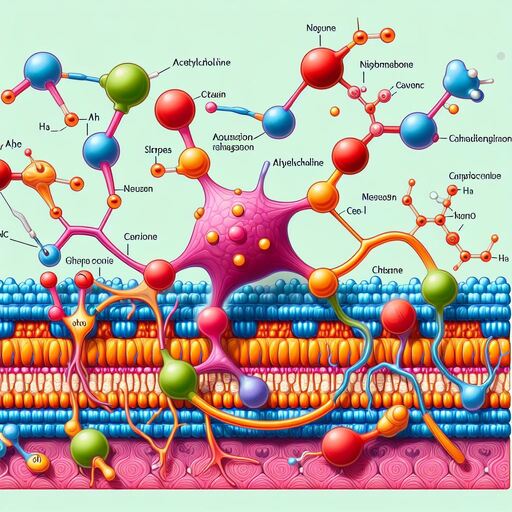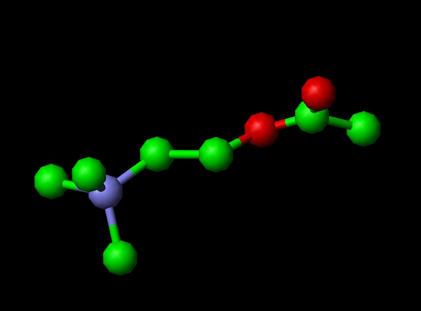Acetylcholine is a neurotransmitter that plays an important role in the nervous system. It is produced by nerve cells and acts as a messenger that allows neurons to communicate with each other.
Acetylcholine is responsible for many of the body’s automatic responses, including heart rate, breathing, and digestion. When levels of acetylcholine are too low, this can lead to conditions such as Parkinson’s disease, which affects movement. On the other hand, high levels of acetylcholine can cause symptoms such as sweating, salivation, and blurred vision.
Acetylcholine is also used in medicine as a drug. It can be used to treat conditions such as Parkinson’s disease, Alzheimer’s disease, and asthma. Acetylcholine can also be used as an anesthetic during surgery.
In addition to its use in medicine, acetylcholine is also important for learning and memory. It is involved in the formation of new neural connections in the brain and plays a key role in long-term potentiation, which is thought to underlie learning and memory.
Overall, acetylcholine is an important neurotransmitter that plays a crucial role in many aspects of the nervous system. Its effects on the body make it a valuable tool for treating a range of conditions, but more research is needed to fully understand its functions and potential uses.

